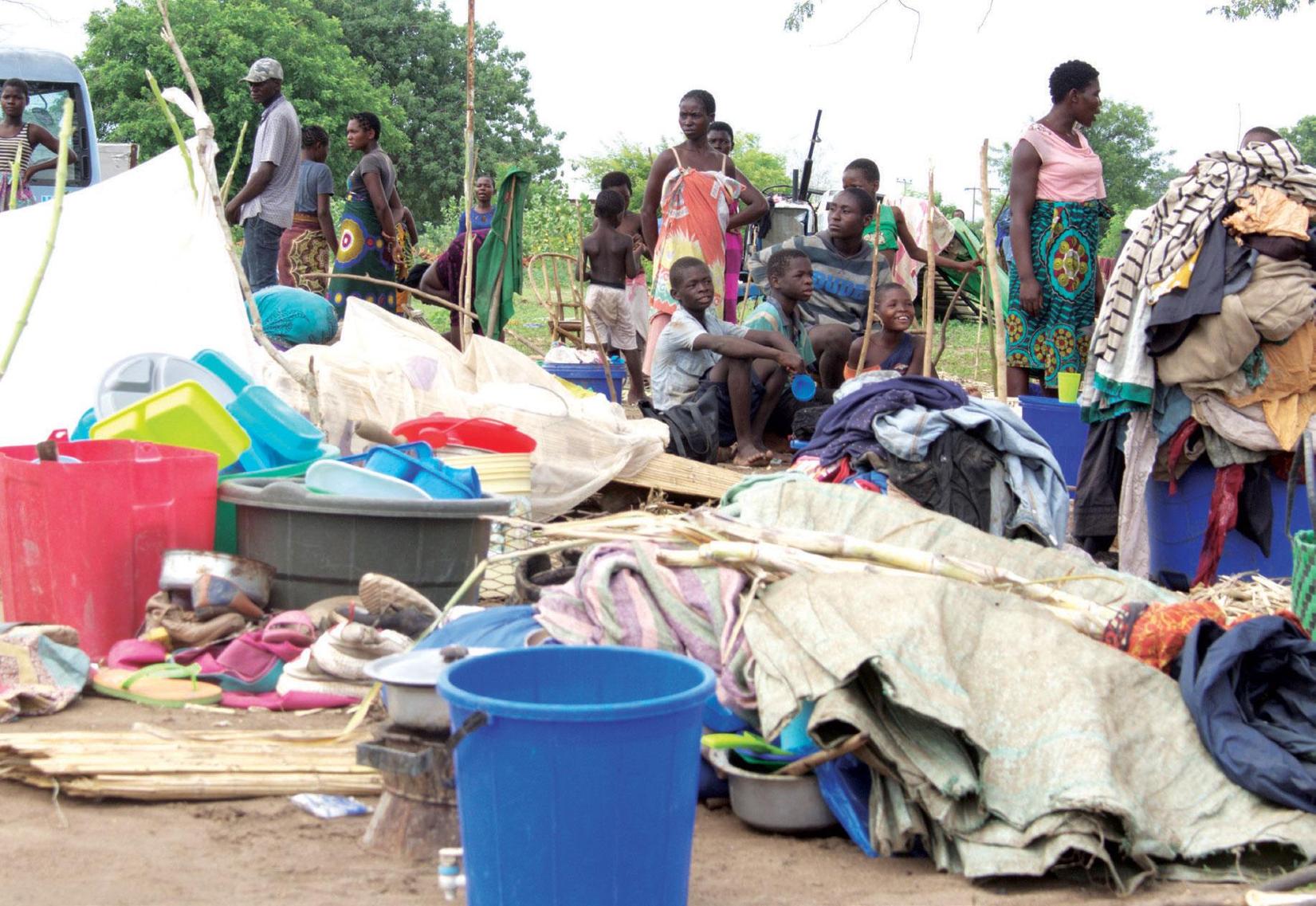Africa-Press – Malawi. A State and Trends in Adaptation 2022 report by Global Centre on Adaptation (GCA) indicates that floods, droughts and storms are likely to increase and become more severe and frequent in the coming decades, with Malawi identified as one of the casualties.
Quoting the Global Adaptation Index, the report indicates that out of the 10 most vulnerable countries in Africa, Malawi is ranked fifth. The report notes that climatic shocks have severe adverse impacts, such that nearly half of all the emergency multilateral food assistance to Africa is in response to disasters triggered by natural hazards.
“Finally, droughts, floods and storms regularly cause havoc in Africa and they are likely to become more severe and more frequent in the coming decades. In general, the more severe a drought or flood, the greater the cost. For example, the estimated adverse impact of a one-in- 10-year drought in Malawi is 4 percent of annual GDP [gross domestic product]. This rises to 7 percent for a one-in-15-year drought and 10 percent for a one-in 25- year drought,” the report reads.
The report notes that heat stress, flooding and drought can impair the functionality of, and accessibility to, on-site infrastructure and capital, translating into higher costs for maintenance and repair and requiring investment in more efficient and resilient technology.
“For example, South Africa, Zambia, Malawi, Benin, Mozambique and Kenya have the largest number of businesses reporting detrimental water-related impacts globally, which includes physical damage to property from flooding and extreme weather events,” the report reads.
Currently, Malawi is struggling to maintain Kapichira dam, which was damaged by flash floods induced by Tropical Storm Ana early this year. Kapichira is the country’s main source of electricity generation and represents almost 23 percent of Malawi’s total installed capacity and typically a third of its domestic generation.
While invasive alien species are already having an adverse effect on African countries, Malawi inclusive, the estimated annual cost of indigenous alien species to agriculture in Africa is about $66 billion.
Further, the report notes that Malawi showcases good institutional arrangements, specifically for implementing and reporting on adaptation priorities.
Environmentalist from Catholic University of Malawi Isaac Mwalwimba observed that there is no proper coordination among sectors, enforcement of policies is poor and that the academia, which is responsible for research, is left out of the equation.
For More News And Analysis About Malawi Follow Africa-Press






